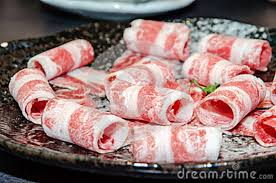The Tennessee departments of Health and Agriculture have partnered to develop a mobile app that allows users to check any Tennessee restaurant inspection score no matter where they are located.
 The free app, available for both iOS and Android, lets users view health inspection scores from Tennessee restaurants and retail stores that prepare food, including grocery stores and convenience markets. The first screen of the app displays a map showing restaurants near the user and the most recent score for each location. It also includes scores for hotels, hospitals, schools and food trucks’ central kitchens. Users will have access to the last three inspection scores for each business and if any violations were cited, the app provides information about what was not in compliance with the Tennessee Retail Food Safety Act.
The free app, available for both iOS and Android, lets users view health inspection scores from Tennessee restaurants and retail stores that prepare food, including grocery stores and convenience markets. The first screen of the app displays a map showing restaurants near the user and the most recent score for each location. It also includes scores for hotels, hospitals, schools and food trucks’ central kitchens. Users will have access to the last three inspection scores for each business and if any violations were cited, the app provides information about what was not in compliance with the Tennessee Retail Food Safety Act.
Updated daily, the feature that makes the app different from Web-based inspection scores is the ability for users to personalize it to see what is most important to them. Locations can be saved to a Favorites list for quick access to scores, and search results can be filtered to show only locations that have scores within a certain range. The Restaurant Inspection Scores app was developed by NIC, Inc., Tennessee’s eGovernment Partner since 2000. To obtain the app, go to http://tn.gov/main/article/mobile-apps.









